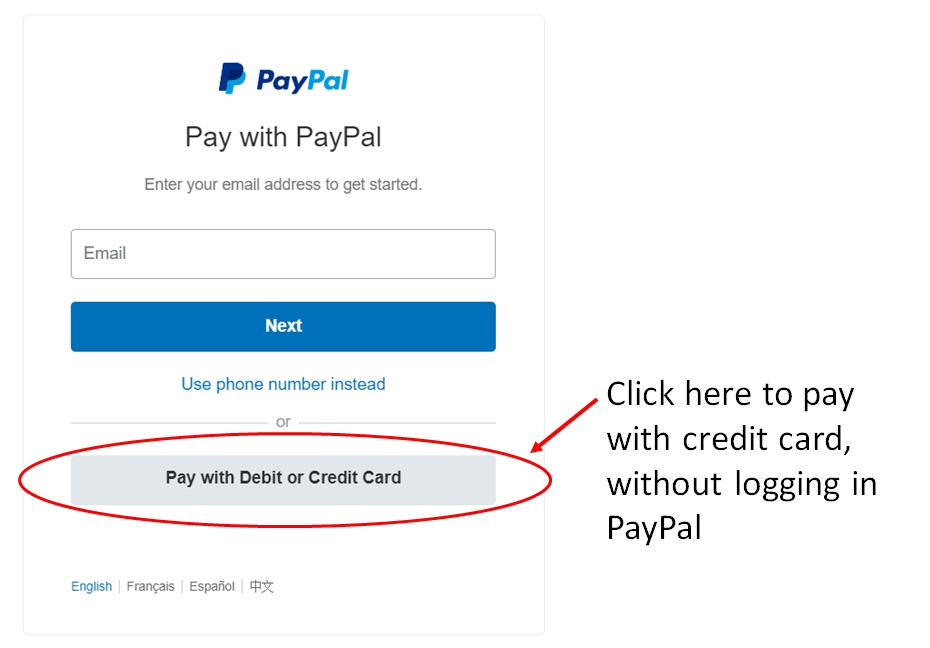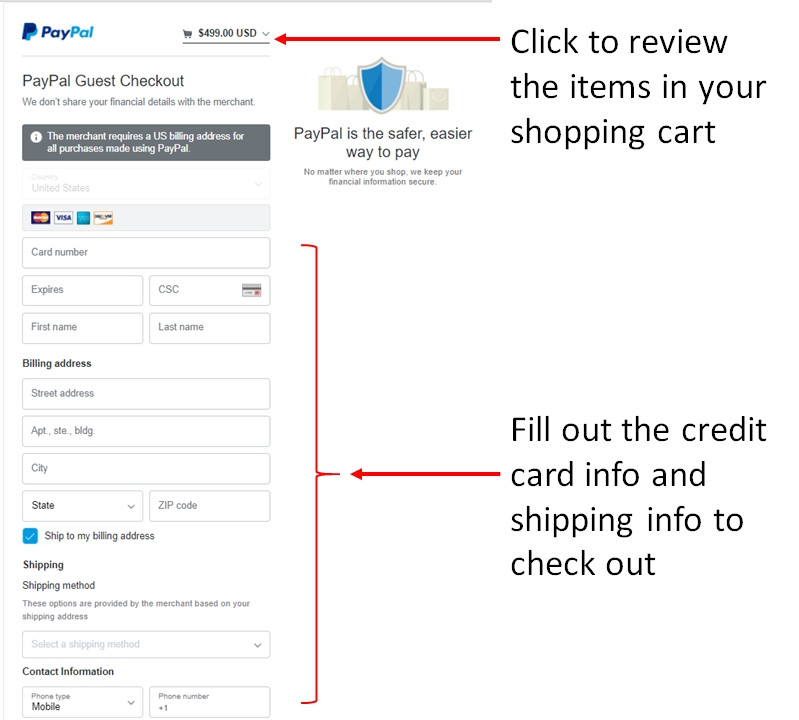Antibody Sequencing, Hybridoma Sequencing
Hybridoma Antibody Variable Region Sequencing, Antibody Constant Region Sequencing, Antibody Cloning
|
|||||||||||||||||||||||||||||||
Description
Comprehensive monoclonal antibody sequencing services are provided: hybridoma sequencing and clonal B cell sequencing; IgG, IgM, IgA, and IgE antibody variable regions (VH and VL) from mouse, rat, hamster, rabbit, monkey, human, llama, alpaca, and camel. If requested, the service of cloning and sequencing antibody constant regions (CH and CL) from hybridomas or clonal B cells is also available. Our experienced team can clone and sequence monoclonal antibodies from any species, with any isotype, and in any format. As always, it is fee for service and royalty free.
Features of our antibody sequencing services:
- Reliable results. With optimized workflow and PCR primers, we have successfully cloned and sequenced >3000 antibodies from various species in the past 10 years. Syd Labs has become a reliable CRO supplier of antibody sequencing to biotech and biopharma companies, government agencies including FDA and NIH, and universities. Clients' samples of hybridoma cell lines or clonal B cells just need to meet 2 requirements: functional antibodies are secreted by the cells; enough RNA remains.
- Save time. One may learn how to clone and sequence antibody genes by studying hybridoma antibody cloning and antibody sequencing protocols that we collected from public literature. Generally speaking, it is more difficult to clone antibody genes from rodents than other species; among isotypes, it is the easiest to clone IgG genes, especially IgG1. A couple of companies sell such kits and PCR primers. However, it takes time to become a highly efficient and experienced professional for so many lab skills and bioinformatics analysis involved in such projects. In addition, there are some samples invaluable but difficult to work. Some service suppliers spend months but could not solve the problem, just wasting clients' samples and time.
- Save money. Since we process samples from multiple clients at the same time, our price is lower than market.
Case study 1:A mouse IgG hybridoma stored for 30 years could not grow. We cloned and sequenced its VH and VL, produced a chimeric IgG antibody by transient expression in HEK 293 cells, and confirmed its binding activity.
Case study 2:After one round of antibody cloning, only a truncated antibody sequence was repeatedly observed. However, the hybridoma secreted functional antibody. It means that noise in the sample was so significant that it was difficult to obtain the correct antibody sequence. The case is not unusual and occurs in 10-20% samples from clients and in house. Most service suppliers asked clients to sequence the N-terminal 10-15 residues of the purified protein so that sets of specific PCR primers can be designed to amplify desired antibody genes. After trying various methods, we optimized the process to obtain the antibody sequences without protein sequencing.
Materials needed from clients:
100000 cells per hybridoma clone are sufficient for cloning and sequencing antibody genes. Welcome to challenge us with smaller number of clonal B cells or non-viable cells for hybridoma rescue.
General procedure of 5' RACE-based cloning and sequencing antibody variable regions of hybridoma or clonal B cells (SS45A: CDR analysis included; Leader sequences available if requested):
1) Extract and purify total RNAs from hybridoma or clonal B cells (Please see how to prepare samples for antibody sequencing at the bottom of this page);
2) Synthesize cDNAs;
3) Amplify DNA fragments including VH and VL, leader sequences, and partial constant regions (CH and CL) using 5' RACE;
4) Subclone PCR positive bands;
5) Sequence 10 clones in total;
6) Perform CDR analysis using sequencing data.
Timeline:
2-3 weeks for cloning and sequencing monoclonal antibody variable regions.
Deliverable:
Study report including the number of antibody heavy and light chains identified, the DNA and protein sequences for each chain, and CDR analysis. Leader sequences and the amplified DNA fragments available if requested.
We also provide the following antibody cloning and antibody sequencing services:
Single B Cell Antibody Cloning and Sequencing Service
De novo Antibody Sequencing Service
N-terminal Protein Sequencing Service
Sequence Liability Identification Service
The method of high-throughput next generation sequencing (NGS) or "deep" sequencing of binding populations can also be applied to understand natural antibody repertoires (the "antibodyome") and develop synthetic antibody repertoires for antibody engineering. (If you want to know more information about how to clone and sequence antibody repertoires, please see high-throughput antibody repertoire sequencing protocols that we collect from public literature. Our own antibody repertoire cloning protocol is more optimized.)
Optional but highly recommended for monoclonal antibody cloning and antibody sequencing services:
Compared with the mass spectrometry (MS)-based de novo antibody (protein) sequencing method, the PCR-based antibody (mRNA/cDNA) sequencing method is much more cost effective if cells rather than the protein only is available. Without antigen-antibody binding confirmation (the best quality control), it is hard for any supplier to guarantee 100% accuracy of antibody sequencing results.
Production of the recombinant IgG antibody: Molecular construction, 1 ml transient production of recombinant IgG in HEK 293 cells, and protein A purification of recombinant IgG.
Antigen-antibody binding confirmation using the recombinant whole IgG antibody: Test whether the recombinant IgG retains the immunological activities of their corresponding parent monoclonal antibodies using ELISA (Please inquire if you prefer to assays such as Biacore, Octet or competitive binding).
How to prepare samples for antibody sequencing services?
Three ways to submit samples for antibody sequencing:
– Freeze the antibody producing cells and send us a frozen vial on dry ice. If you have frozen stocks, you can directly ship the stock to us or extract RNAs from the stocks. It is unnecessary to grow new cells.
– Purify total RNAs from the antibody producing cells, and send us the purified RNAs on dry ice.
– Purify total RNAs from the antibody producing cells but do not elute the RNAs from the RNA isolation column, and send us the column with the dried RNAs at ambient temperature or with ice pack. It is highly recommended to international clients.
The number of 100,000 cells is sufficient for sequencing antibodies of hybridomas or clonal B cells, i.e. the antibody producing cells mentioned below. We have also successfully sequenced antibodies in human, mouse, and rabbit single B cell and small numbers of clonal B cells.
 |
Mouse Tail DNA Extraction | only 20 minutes |
 |
3D Cell Culture Gel | 30% < Mkt Price |
 |
PCR Kits | 50% < Mkt price |
 |
Beta-Hexosaminidase Activity Colorimetric Assay | Fast and sensitive, High-throughput |
 |
Endotoxin-Free Plasmid Kits | maxi, midi and mini-prep |






